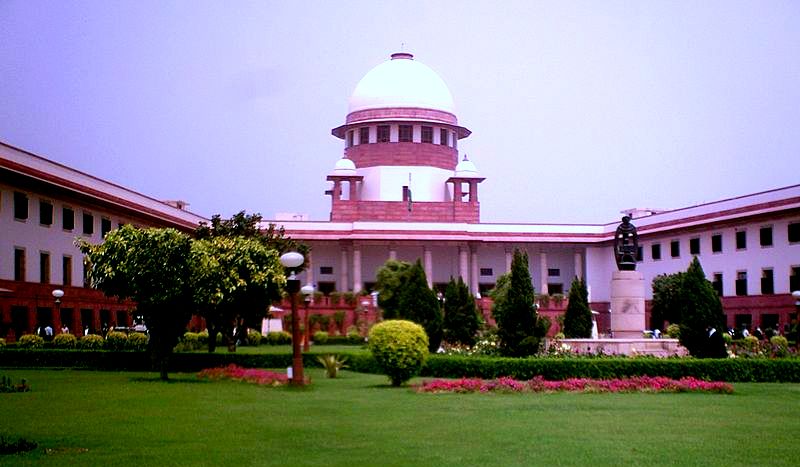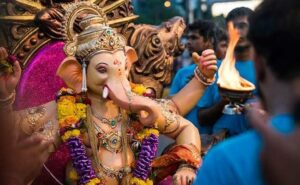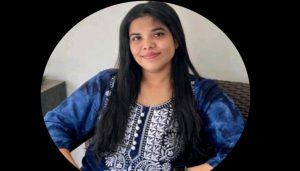Supreme Court Allows Sub-Quota Within Reservation for Scheduled Castes

New Delhi, 1st August 2024: State governments will now be able to allocate sub-quotas within the reservation for Scheduled Castes (SC). The Supreme Court issued this significant decision on Thursday (August 1), overturning its own 20-year-old ruling that Scheduled Castes, as a group, should not be further divided based on the castes included in it.
The court outlined necessary guidelines for the states in its new decision. State governments cannot make arbitrary decisions, and there are two conditions:
1. No 100% Quota: No single caste within the Scheduled Castes can receive 100% of the quota.
2. Data-Driven Decisions: Quota decisions must be based on solid data regarding the caste’s share.
This decision, made by a Constitution Bench of seven judges, stated that dividing the Scheduled Castes based on the included castes is not against Article 341 of the Constitution.
Basis of the Decision: The court’s decision stemmed from petitions arguing that only a few castes within the Scheduled Castes and Tribes have benefited from reservation, leaving many castes behind. The petitions suggested that to bring these left-behind castes into the mainstream, a quota within a quota is necessary. This was opposed by the 2004 decision, which stated that Scheduled Castes could not be divided into sub-categories.
Implications: State governments can now provide sub-quotas to other castes within the Scheduled Castes. For instance, in 2006, Punjab allocated 50% quota and first preference to Valmiki and Mazhabi Sikhs in public jobs within the Scheduled Caste quota.
Judges’ Statements Supporting the Decision
CJI DY Chandrachud: Sub-classification (quota within quota) does not violate Article 14, as sub-categories are not excluded from the list. Articles 15 and 16 do not prevent the state from dividing a caste into sub-categories. The criteria used to identify SCs show significant differences within the classes.
Justice BR Gavai: The basis for sub-categories should be data from the states. It cannot operate arbitrarily. Even after reservation, lower grades face difficulties in leaving their professions. The real mistake in the EV Chinnaiah case was the assumption that Article 341 is the sole basis for reservation.
Justice Gavai: There are categories within SC/STs that have faced centuries of oppression. One group within a larger group may face more discrimination. Comparing high-class lawyers’ children from the Scheduled Castes with village manual scavengers’ children is erroneous.
Justice Gavai: BR Ambedkar noted that when morality clashes with economy, the economy wins. Allowing sub-categories, the state cannot reserve 100% for one sub-category.
Justice Sharma: Agrees with Justice Gavai that identifying the creamy layer in SC/ST should be a constitutional imperative for the state.
Dissenting Opinion
Justice Bela M Trivedi: The sole dissenting judge stated that state-specific reservation laws in Andhra Pradesh and Punjab were declared unconstitutional by High Courts. Regarding Article 341, she emphasized that the President’s notification is final, and only Parliament can include or exclude a class within the list.
Scheduled Castes are unique and created through Article 341 notifications, becoming a homogeneous group. Sub-classification of states would tamper with the President’s notification under Article 341 (2).
Indira Sahni did not view backward classes from the perspective of Scheduled Castes. Article 142 cannot create a new structure not existing in the Constitution. Affirmative action policies must follow principles of equality. The law laid down in the EV Chinnaiah case is correct and should be upheld.
Previous Hearings
8 February 2024: The court stated that others cannot be excluded to benefit the most backward. State governments cannot exclude others while giving benefits to the most backward, as it could lead to dangerous appeasement trends. A standard scale is needed.
7 February 2024: SC-STs cannot be equal in economic, educational, and social status. They can be a class for specific purposes but not for all purposes.
6 February 2024: The court questioned whether children of IAS-IPS officers should receive quotas. The bench suggested that affluent sub-castes within backward castes should be removed from the reservation list to make space for the extremely backward and marginalized.
Need for Review
In 2006, Punjab introduced a law granting 50% reservation and priority to Valmiki and Mazhabi Sikhs within the Scheduled Caste quota. In 2010, the Punjab-Haryana High Court declared it unconstitutional. The Supreme Court began hearing 23 petitions, including one from the Punjab government, challenging this decision on 6 February 2024.
During the hearings, Punjab Advocate General Gurminder Singh argued that backward class members who score 56% should be prioritized over upper-class members scoring 99%, highlighting the disparity in access to high-class facilities.








